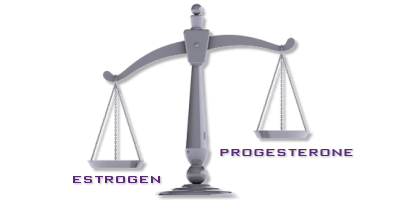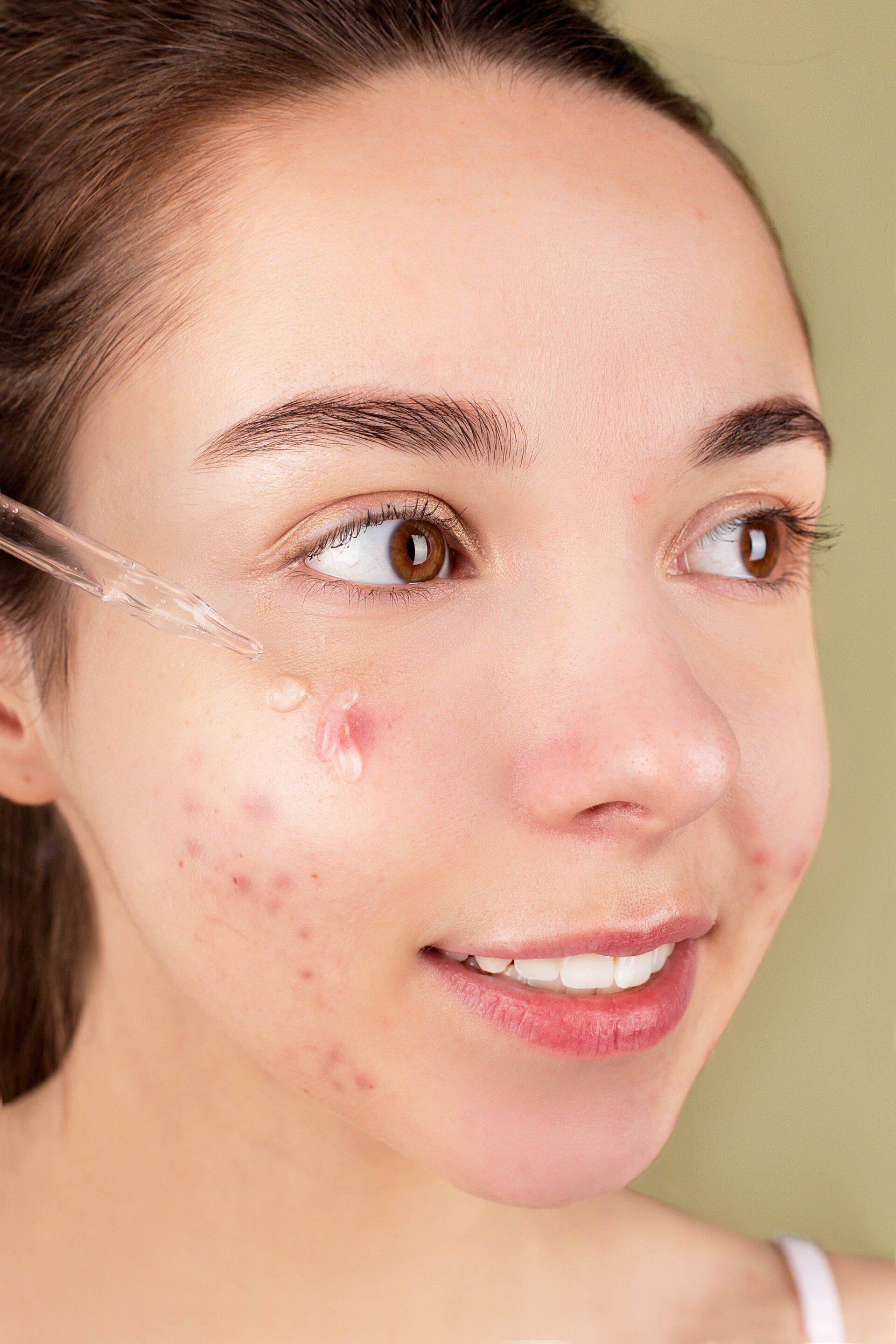ACNE
Acne can cause such distress to so many people. More often than not can be caused by:
- hormonal imbalance, especially testosterone
- diet - too much sugar/carbs
- certain medications
- stress
About 85% teenagers are affected by acne which is an inflammatory disease of the skin, most of whom are males. It can also continue into adulthood. It would appear that it rarely affects people outside of the Western nations. The people of Cordian et al, Papua New Guinea and Paraguay are least affected and this is due to their diets being natural with no unprocessed foods. Exercise also plays a huge part in these countries. They do not suffer from:
- insulin resistance
- obesity
- hypertension
- diabetes
- heart disease
As I’ve emphasized repeatedly on my website and Facebook Group/Page, excessive sugar intake is detrimental to health, leading to numerous negative symptoms. Sugar transforms into glucose within the body, resulting in heightened insulin levels and insulin resistance, which in turn drives increased sugar cravings—creating a vicious cycle. This process subsequently elevates androgen levels, and elevated androgens contribute to the development of acne.
Sebaceous glands are activated by androgens that are synthesized in the skin. Frequently, elevated androgen levels are not detected in the blood or urine of acne patients. DHT (dihydrotestosterone) is produced in the sebaceous glands from testosterone through the action of 5 alpha-reductase. Progesterone inhibits the activity of 5 alpha-reductase. In women, DHT seems to be derived from androstenedione, the precursor to testosterone.
If you have any questions about Natpro Progesterone Cream
There are many theories when it comes to a cure for acne, but a few common factors have been found:
- high levels of testosterone. The levels of free testosterone in males is 9–30ng.dL and in females it is 0.3–.9ng/dL.
- increased level of the enzyme 5 alpha-reductase which converts the less potent androgens, such as testosterone and androsterone into dihydrotestosterone (DHT) which has a greater effect on sebum production.
- adrenocorticotrophic hormone (ACTH) found in the pituitary gland, influences the adrenal gland which produces the androgenic steroid dehydroepiandrosterone (DHEA).
- dehydroepiandrosterone (DHEAS) is associated with the start of acne in young girls.
- higher levels of (DHEA) are found in the sebaceous glands which is then converted by 5 alpha-reductase into DHT.
- follicular hyperkeratosis or abnormal follicular keratosis.
- increased sebum production.
- bacterial infection by Propionibacterium acnes. Although this is a normal inhabitant of the skin, its levels are higher in patients with acne.
- sebum from patients with acne show a linoleic acid deficiency.
- higher levels of insulin like growth factor 1 (IGF-I).
- insulin resistance linked to acne prone skin.
- adrenal hyperplasia.
- milk which contains hormones is linked to acne prone skin.
Natural Remedies
- Progesterone
- inhibits 5 alpha-reductase activity at high doses. Studies show that it has a local anti-androgenic action
- slows down the production of androgen in the body
- reverses follicular keratosis
- causes a significant reduction in sebum excretion in women
- Zinc – is a potent inhibitor of 5-alpha reductase activity.
- Vitamin B6 - makes zinc more effective.
- d-Chiro-Inositol, Myo-Inositol and Inositol - help increase the action of insulin.
- Azelaic Acid - a potent inhibitor of 5 alpha-reductase type 1. It is a natural plant acid found in wheat, barley and rye. A 20% topical cream has been found to be effective against mild to moderate acne by reducing the activity of the bacteria, Propionibacterium acnes and Staphylococcus epidermidis.
- A low glycaemic-load diet - improves acne and insulin sensitivity.
- Intense violet light (phototherapy) - has been successful in treating acne, adding red visible light makes it more effective.
- Vitamin D3 - is vital and is a cheaper option than photo-therapy. It is essential for health, including the skin. Have a blood test done to check level. Testing should only be for 25-hydroxyvitamin D, also called calcidiol. 30-50% of people have a vitamin D3 deficiency, especially those living in climates with little sun, living above 32 degrees north or south of the equator, work indoors thereby spending very little time in the sun. Levels should be between 70-100ng/mL or 175-250nmol/L. A deficiency is less than 25ng/L or 62.4nmol/L – see Vitamin D Society.
No less than 100-200mg progesterone cream is needed for Acne. Please read How to Use Progesterone Cream and Estrogen Dominance.
Nutrients
The Insulin Resistance page will give you a list of supplements needed. The following is also beneficial:
- Zinc – 100mg per day - this high dose should be taken for at least 3 months, then reduce to 15mg per day. Acne often clears when taking a high dose. This is especially needed for men as their sperm contains more zinc than any other part of the body.
- Omega 3 Fish Oil – 5ml per day - the GLA from Evening Primrose Oil – 5ml per day can also be taken.
- Probiotics - are very important for clear skin, but at least 10 billion bacteria per dose is needed. Fermented foods are an excellent source of probiotics.
- Parasite cleanse, digestive enzymes and betaine hydrochloride (HCI) - will help with digestion which is also beneficial.
Acne Drugs
- Finasteride – is one of several inhibitors of 5 alpha-reductase developed. These drugs selectively block dihydrotestosterone production and androgen action in the prostate and skin.
- Adrenal hyperplasia – low dose corticosteroids may be added to reduce adrenal androgen precursors.
- Antiandrogen cyproteronacetate – an effective agent which helps to control recalcitrant acne in males.
- Spironolactone and Flutamide – androgen receptor blockers.
- Isotretinoin (13-cis retinoic acid) – derived from vitamin A and is used to treat severe nodular acne. It causes a dramatic decrease in androgen 5 alpha-reduction mainly in the skin. CAUTION: It MUST NOT be taken by women who are pregnant or planning to conceive as it causes miscarriage, premature births, birth defects in the foetus or causes the baby to die shortly after birth. Isotretinoin and vitamin A suppresses vitamin D3. Please be extremely cautious when taking Isotretinoin.
References


